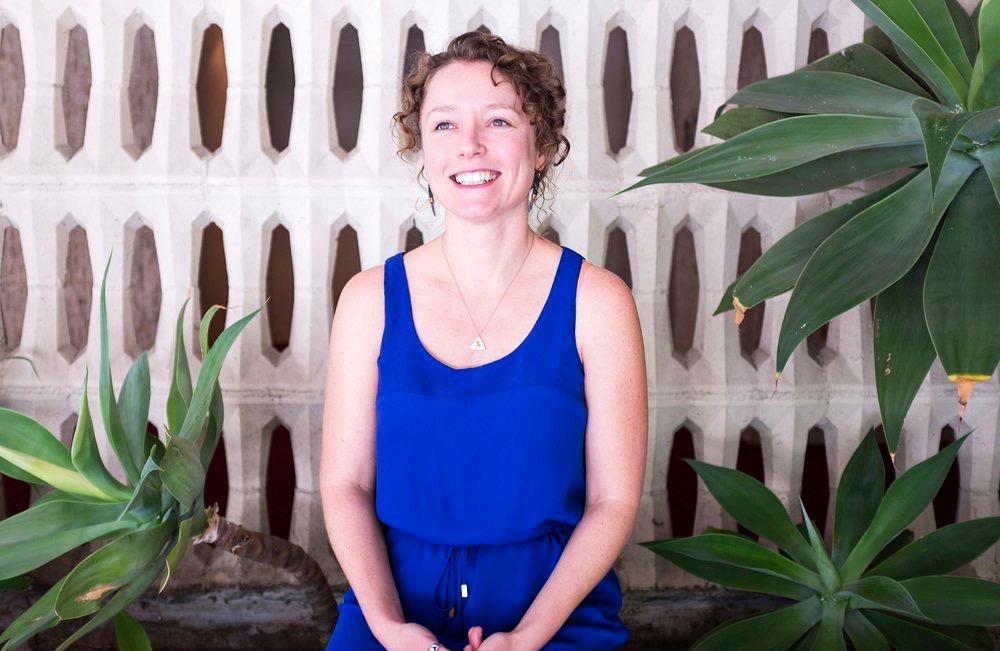For Keri Smith, deprogramming from what she calls the cult of “wokism” didn’t happen overnight.
But the behavior of her former friends within the social-justice world during the 2016 presidential election, with their support of violence, censorship, and gaslighting, certainly sped up the process, setting off a parade of red flags.





